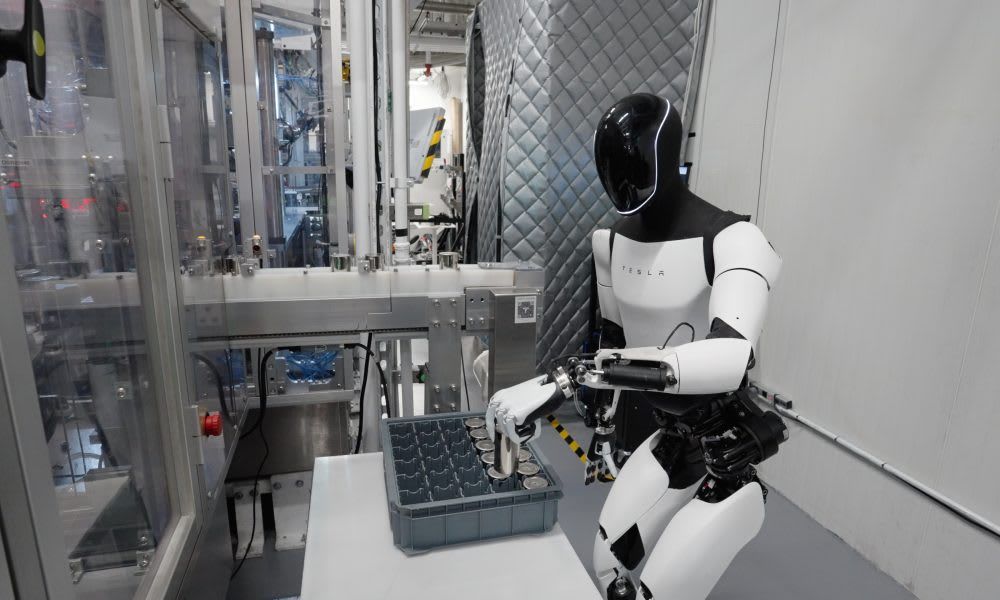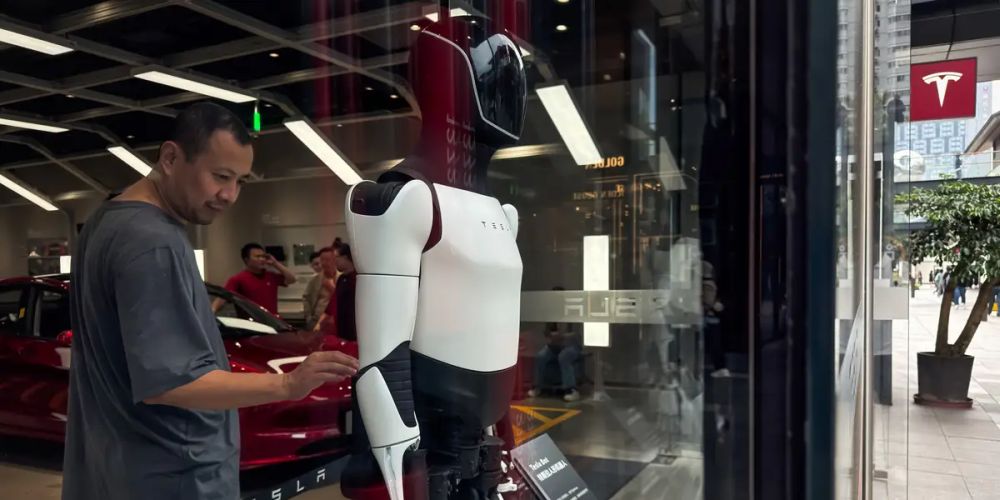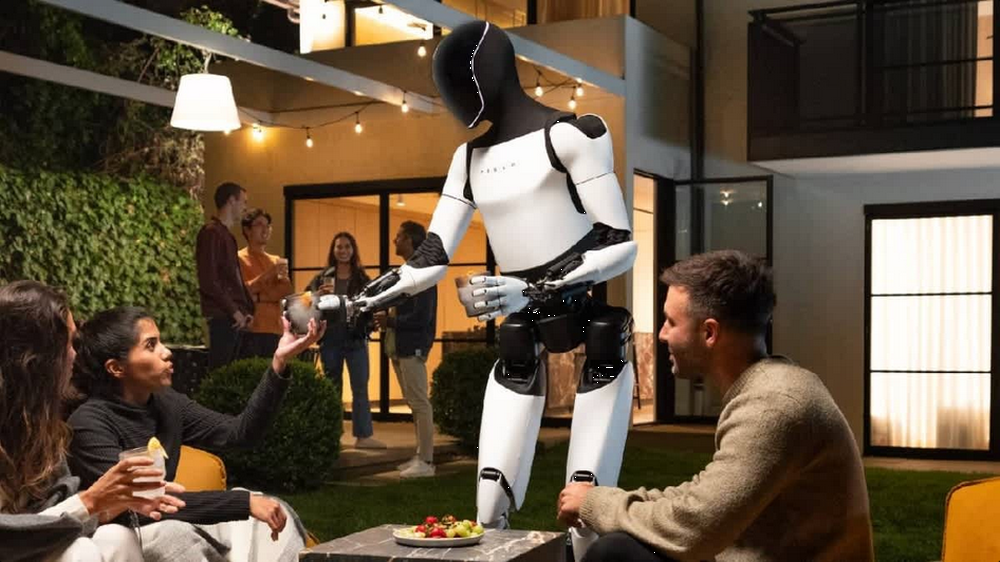Elon Musk has unveiled a new mission for Tesla, one that moves beyond clean energy and electric vehicles. He calls it “sustainable abundance,” a world where technology eliminates scarcity. Musk envisions robots and AI so advanced that goods, services, and even medical care become accessible to everyone, everywhere, without cost or deprivation.

This ambitious vision centers on Tesla’s humanoid robot, Optimus. Musk believes that automation can take over repetitive labor, freeing humanity to focus on creativity, science, and well-being. He even suggested that future versions of Optimus could perform delicate work, including surgery, pushing the boundaries of what machine intelligence can achieve in human environments.

While the dream is inspiring, the path is steep. The current prototypes can walk and lift objects but are far from replacing human expertise. Scaling affordable, safe, and reliable humanoid robots would require breakthroughs in AI control, materials, energy efficiency, and regulation. Musk’s timeline is aggressive, yet his announcements rarely lack boldness.

“Sustainable abundance” reflects more than a product strategy—it’s a philosophical statement about the role of technology in human progress. It challenges the idea that wealth must come from scarcity. Whether the world reaches that stage through Tesla or others, the concept itself redefines what innovation should aim for: not just sustainability, but universal prosperity.

#Tesla #ElonMusk #SustainableAbundance #AI #Robotics #Innovation #Technology #Futurism #Automation
